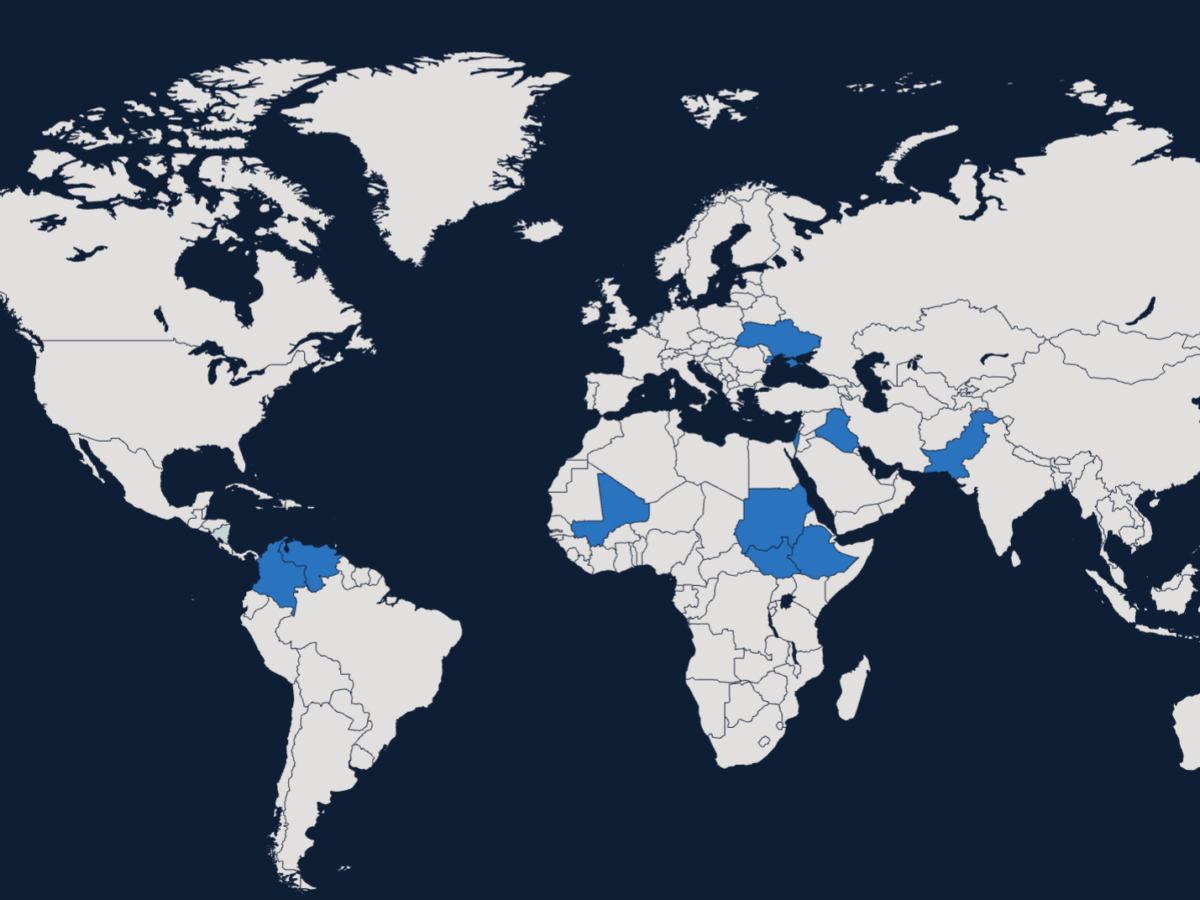The Human Rights of Women in Syria
Summary
Citizenship is defined, in its simplest form, as the direct relationship between the state and citizens—female and male—in which the state guarantees them a set of rights and privileges, established by the constitution and regulated by laws. In return, citizenship requires a set of responsibilities within the limits of the laws applicable in a given state.
Citizenship is conditional on three factors: 1) the right to acquire a nationality; 2) the rights and duties arising from the acquisition of nationality (equality before the law); and 3) participation in public life.
In Syria, obtaining Syrian citizenship did not automatically enable women (or some men) to gain access to all their rights, whether political, economic, cultural, or social. Many structural factors have contributed to preventing this, perhaps most prominent of which is the blatant legal discrimination against women. Syrian law abounds with many clauses that are discriminatory on a gender basis, be it the law denying Syrian women the right to grant citizenship to their children, personal status laws, property laws, the penal code, or others. This legal discrimination is thus one of the most prominent factors that has undermined, and continues to undermine, the status of women as active citizens in society, due to the forms of vulnerability that the law enshrines.
Citation
“The Human Rights of Women in Syria: Between Discriminatory Law, Patriarchal Culture, and the Exclusionary Politics of the Regime.” Women’s International League for Peace and Freedom. February 2021.
Explore More

Voices from the Margins: Lived Realities of Rural Afghan Women

Conflicts and Trends to Watch in 2026
